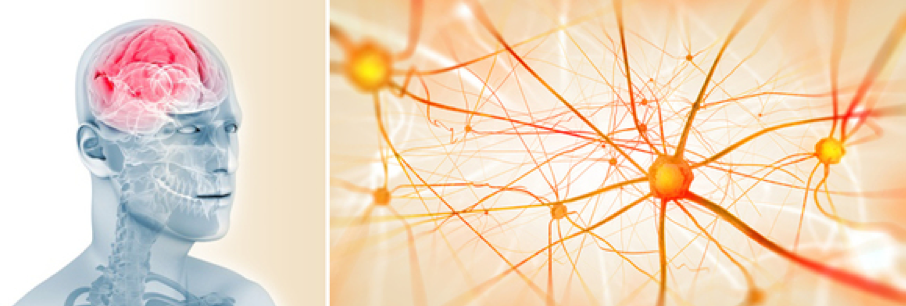What is Parkinson's
Parkinson's disease is a neurodegenerative disease that affects the areas of the brain that control movement. Dopamine is a chemical that helps transmit messages between nerve cells in the brain. In a person with Parkinson’s, dopamine-producing nerve cells gradually deteriorate and are lost, resulting in low levels of this essential transmitter. The shortage of dopamine leads to disturbances and lack of control of their movements. Problems with movement are therefore typically among the main symptoms of Parkinson's disease.


Other disease-related changes can be detected in the gastrointestinal tract that explain commonly experienced disturbances such as slower digestion or olfactory (sense of smell) disorders. These often occur long before movement disorders become noticeable.
Send your Feedback!
Would you recommend the UCBCares website to other visitors?
